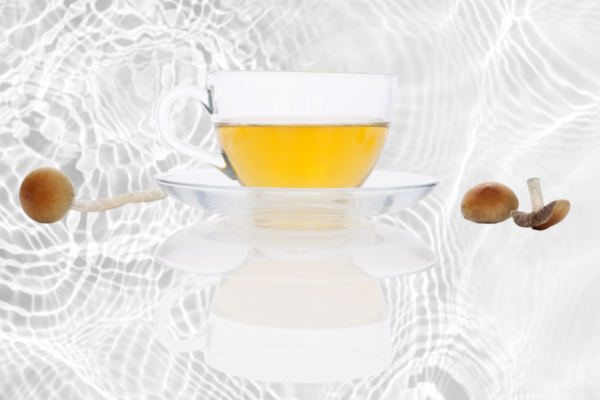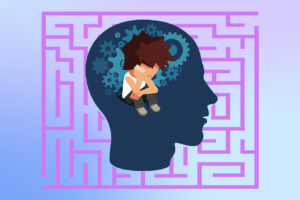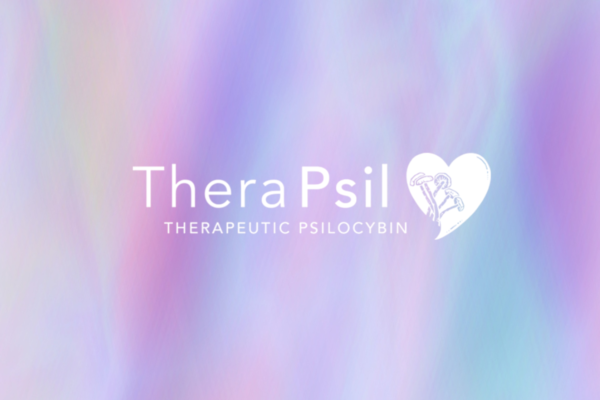
Florida-based biotechnology company Psilera Bioscience believes it has created a safe and well-tolerated DMT derivative that maintains the psychedelic’s mood benefits while reducing hallucinations.
Results from the company’s in vivo preclinical study show the derivative, PSIL-002, achieved these benefits with no hallucinogenic effects at all administered dosages between 0.5mg/kg to 100mg/kg in mice.
The study used a head-twitch-response (HTR), which is a well-established and widely used method of assessing hallucinogenic effects in animals, to evaluate PSIL-002. A HTR is a rapid side-to-side rotational head movement that occurs in rats and mice after the administration of hallucinogens and other 5-HT2A agonists. This method is used in preclinical studies because there is evidence that HTR potencies in mice are correlated with hallucinogenic potencies in humans, meaning it can be a useful indicator as to whether a compound is likely to display hallucinogenic activity in humans.
Compared to the positive control, a psilocybin mimic called psilacetin, no dose of PSIL-002 induced a HTR. “Other psychedelics like psilocybin and DMT often produce the HTR at doses from 1mg/kg to 10mg/kg, or as low as 0.05mg/kg to 0.1mg/kg for LSD, further demonstrating the non-hallucinogenic potential of PSIL-002 and broader range for therapeutic dosing,” Psilera Bioscience explained.
There are several advantages of reducing the hallucinogenic effects of psychedelics such as DMT, for example, the development of therapeutics that can be administered outside of a clinical setting, such as medications that can be self-administered.
“Compounds like PSIL-002 have the potential to reach new patient populations in need with greater access than current models, especially for those suffering from conditions where hallucinations may be undesirable,” explained Psilera Bioscience CEO and Co-Founder Dr. Chris Witowski. “This biological data is key to our vision of reducing side effects such as hallucinations while further optimizing classical psychedelics into next-generation drugs.”
The company now plans to conduct further in vivo studies with PSIL-002 to evaluate its antidepressant, anxiolytic, and anti-addictive properties, specifically targeting alcohol consumption.
PSIL-002 is part of Psilera Bioscience’s patent-pending new chemical entity (NCE) library, all of which are compounds designed to maintain the positive effects of current psychedelics while eliminating hallucinations and other adverse effects such as cardiotoxicity. “New formulations tailoring the therapeutic effects of DMT will improve treatment scalability and patient compliance, further expanding addressable markets,” Psilera Bioscience said.
The company has selected its NCEs with the help of its proprietary BRAIN technology platform, which can be used to identify new compounds that may have a therapeutic effect on mood, cognitive, and substance-use disorders. This platform virtually screens and filers compounds for their psychedelic potential at multiple receptors, specifically the 5-HT2A receptor.


![This Week in Psychedelic Stocks [Big UPDATES ON MMEDF, CMPS, FTRPF, and ATAI]](https://psychedelicspotlight.com/wp-content/uploads/2022/06/maxresdefault-33-600x338.jpeg)


